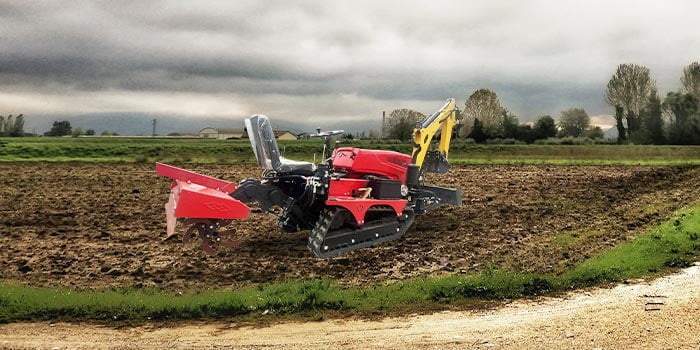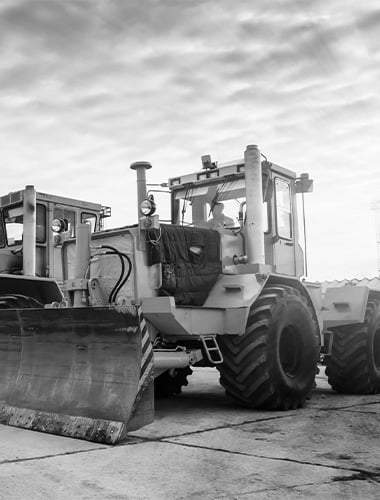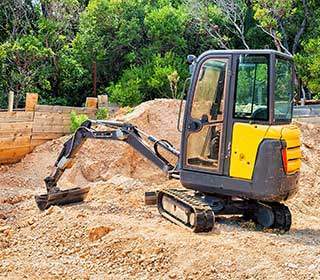Why a Good Wood Chipper is Essential for Your Garden
Welcome to My Blog!
Before we dive into the content, I’d love for you to join me on my social media platforms where I share more insights, engage with the community, and post updates. Here’s how you can connect with me:
Facebook:https://www.facebook.com/profile.php?id=61557298070472
Now, let’s get started on our journey together. I hope you find the content here insightful, engaging, and valuable.
Table of Contents
Introduction
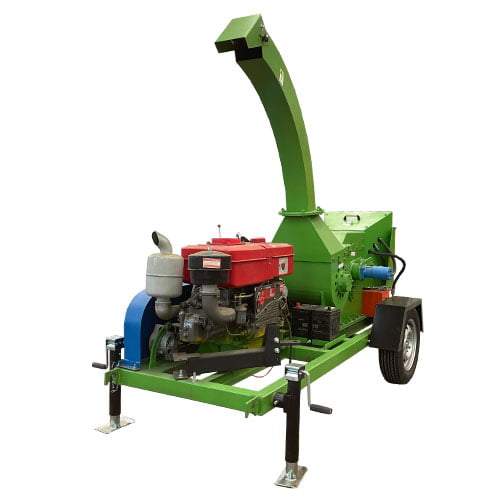
A good wood chipper can transform your garden waste into a valuable resource. By efficiently shredding branches, twigs, and leaves, you can create nutrient-rich wood chips that can be used to improve soil health, suppress weeds, and enhance the overall appearance of your landscape. In this comprehensive guide, we’ll explore the benefits of using a good wood chipper, the factors to consider when choosing one, and how to safely operate this powerful tool.
The Benefits of Using a Good Wood Chipper
- Soil Enrichment: Wood chips act as a natural mulch, helping to retain soil moisture, regulate temperature, and improve soil structure. As they decompose, they release essential nutrients that nourish your plants.
- Weed Suppression: A thick layer of wood chips can effectively suppress weed growth by blocking sunlight and competing with weeds for nutrients.
- Aesthetics: Wood chips can enhance the appearance of your garden by providing a neat and tidy finish to your landscape.
- Pest Control: Wood chips can help to deter certain pests, such as slugs and snails, by creating an unfavorable environment for them.
- Sustainability: By chipping your own garden waste, you’re reducing the amount of material that goes to landfills and contributing to a more sustainable lifestyle.
Factors to Consider When Choosing a Good Wood Chipper
- Power Source: Wood chippers are available in electric, gas, and hydraulic models. Each type has its own advantages and disadvantages, so it’s important to choose one that suits your needs and the size of your garden.
- Chipping Capacity: Consider the size of the branches and the volume of material you’ll be chipping. A more powerful good wood chipper can handle larger branches and a higher volume of material.
- Safety Features: Look for safety features such as automatic feed systems, emergency stop buttons, and protective guards.
- Mobility: If you have a large property or plan to use your chipper in multiple locations, a portable model may be the best option.
- Noise Level: If you’re working in a residential area, consider the noise level of the chipper. Some models are quieter than others.
Types of Wood Chippers
- Drum Chippers: These chippers have a rotating drum with blades that cut material into chips. They are suitable for a wide range of materials, including branches, twigs, and small logs.
- Hammermill Chippers: These chippers use hammers to break down material into smaller pieces. They are often used for processing materials that are too tough for drum chippers.
- Disc Chippers: These chippers have a rotating disc with blades that cut material into chips. They are typically used for smaller-scale chipping jobs.
How to Safely Operate a Good Wood Chipper
- Read the Manual: Before operating your good wood chipper, carefully read the manufacturer’s instructions.
- Clear the Work Area: Remove any debris or obstacles from the work area to prevent accidents.
- Wear Protective Gear: Always wear safety glasses, gloves, and sturdy footwear when operating a good wood chipper.
- Feed Material Slowly and Steadily: Avoid feeding the chipper too much material at once, as this can jam the machine.
- Keep Hands and Feet Clear: Never put your hands or feet near the feed opening or discharge chute.
Maintenance Tips for Your Good Wood Chipper
- Regularly Sharpen Blades: Dull blades can reduce the efficiency of your chipper and make it more difficult to operate.
- Clean After Each Use: Remove any debris from the chipper to prevent buildup and damage.
- Store Properly: Store your good wood chipper in a dry, secure location when not in use.
Wood Chipper vs. Mulcher: What’s the Difference?
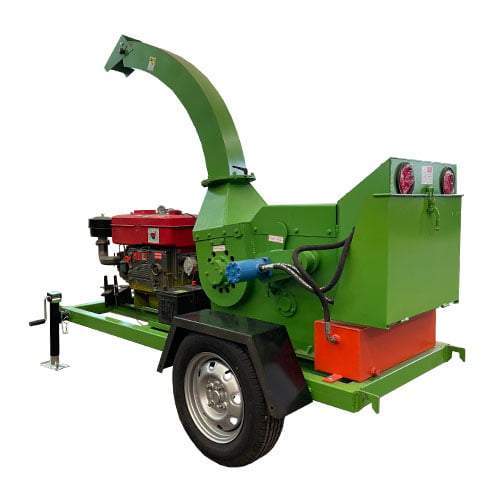
| Feature | Good Wood Chipper | Mulcher |
|---|---|---|
| Material | Branches, twigs, small logs | Leaves, grass clippings, small twigs |
| Output | Wood chips | Fine mulch |
| Size of Material | Can handle larger material | Best for smaller material |
Conclusion
A good wood chipper can be a valuable asset to any gardener. By transforming your garden waste into a valuable resource, you can improve the health of your soil, suppress weeds, and create a more beautiful landscape. When choosing a good wood chipper, consider your specific needs, budget, and the size of your property. By following the safety guidelines and maintenance tips outlined in this guide, you can enjoy the benefits of a good wood chipper for years to come.
FAQ
Can I chip any type of wood?
Yes, most good wood chippers can handle a variety of wood types, including hardwood and softwood. However, it’s important to avoid chipping materials that are treated with chemicals or contain metal objects.
How often should I sharpen the blades on my good wood chipper?
The frequency of blade sharpening will depend on the type of material you’re chipping and how often you use the chipper. As a general rule, you should sharpen the blades every 10-20 hours of use.
Can I use wood chips as a mulch for my vegetable garden?
Yes, wood chips can be used as a mulch for vegetable gardens. However, it’s important to use a high-nitrogen fertilizer when planting vegetables in a bed covered with wood chips, as the wood chips can temporarily tie up nitrogen in the soil.

